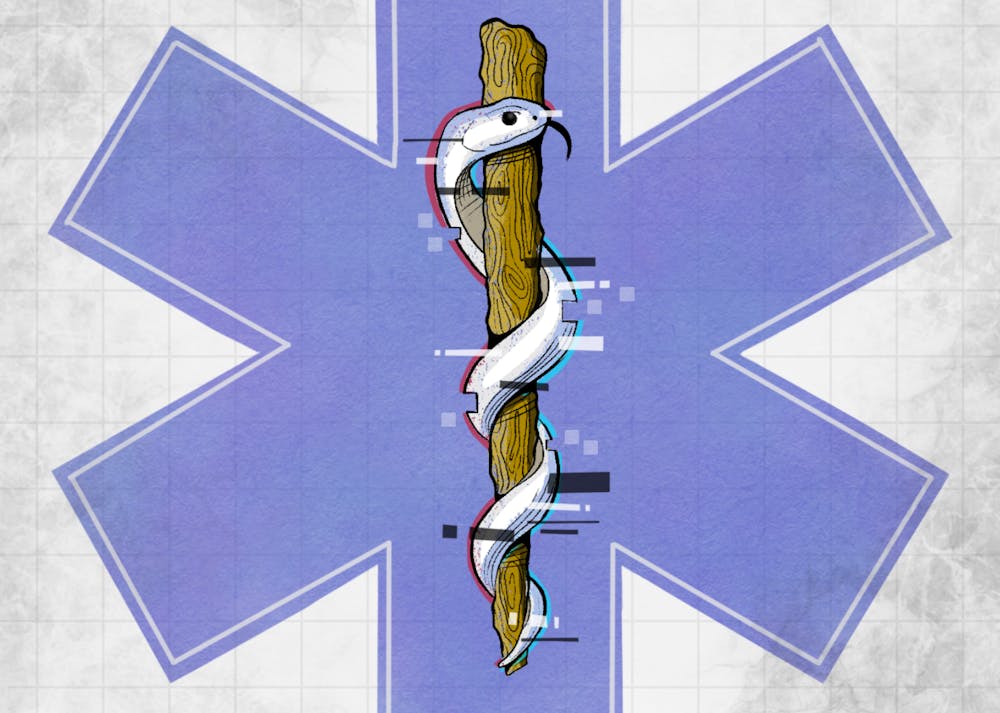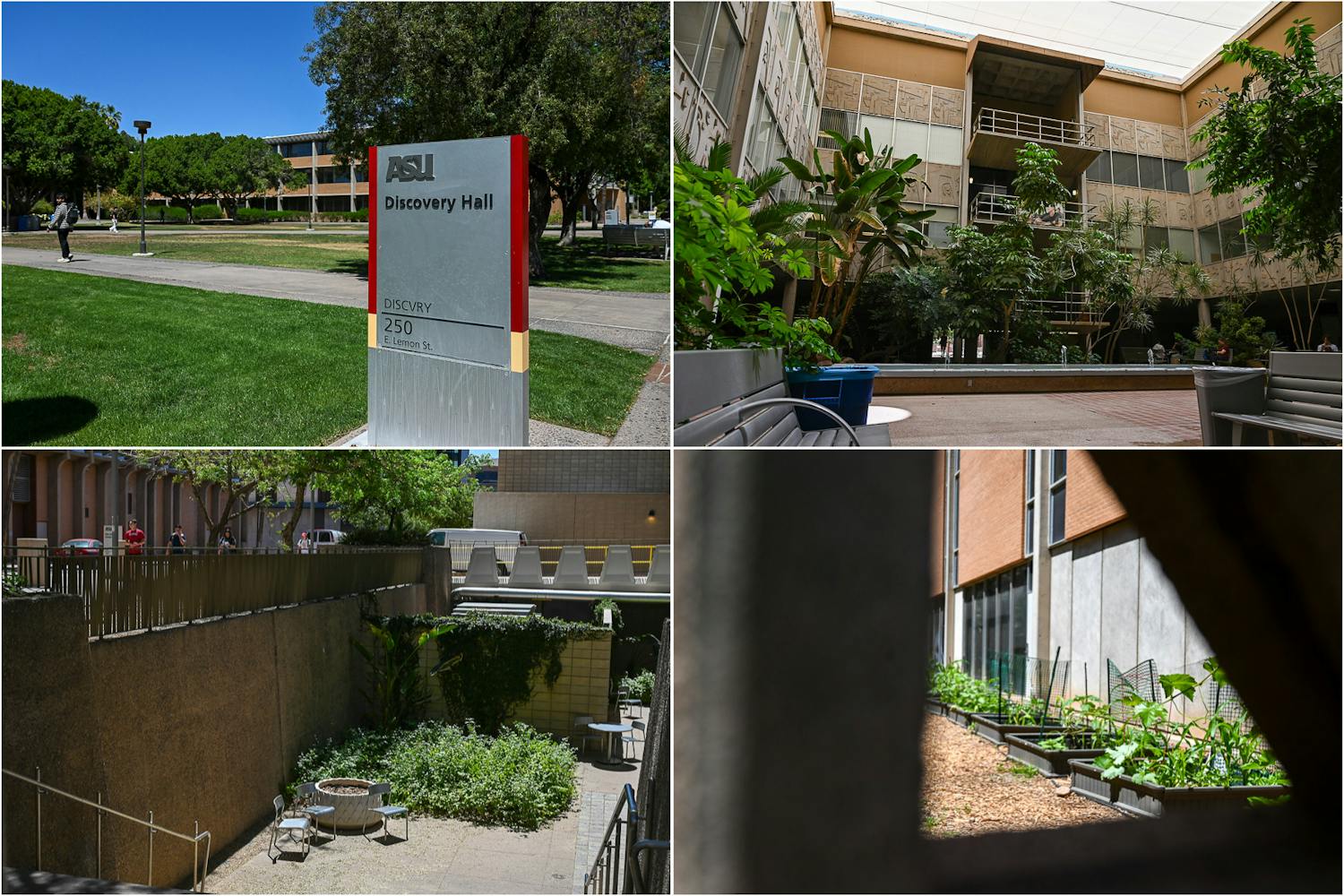The "Intergenerational Community Driven Training in Alzheimer's Disease Research: An AI+X Approach," or AI+X: AD for short, was awarded a $2.35 million T32 Training grant last year. This semester, the program welcomed its first graduate trainees.
"(AI+X) was born because we wanted to combine artificial intelligence with any other discipline that has something to do with Alzheimer's disease," said Judith Klein-Seetharaman, a professor at the College of Health Solutions and training faculty of the program.
As part of the program, students will work on projects related to Alzheimer's disease or Alzheimer 's-related dementia, incorporating AI components.
For instance, one computer science student focuses on using speech data for early diagnostics of Alzheimer's disease. Another student is developing micro-scale devices to quantify the molecule components of a beta, which forms the brain plaques of Alzheimer's disease.
AI could play a critical role in advancing Alzheimer's research. According to Maitry Ronakbhai Trivedi, a third-year doctoral student studying data science and working with Teresa Wu, AI assists professionals in integrating datasets from multiple sources. Wu is the president's professor at the School of Computing and Augmented Intelligence and one of the principal investigators of the program.
Moreover, AI can be used to predict Alzheimer's disease, Trivedi said, allowing early interventions and treatments.
Typically, AI+X: AD students will have two principal investigators supervising their research projects. One has expertise in AI, while another is from the Alzheimer's disease field.
The training program also brings speakers from different backgrounds, including clinical, biomedical, sensing, engineering and computer science, to present their clinical experience or a methodology that could be applied to Alzheimer's disease.
"If it is a talk that is more biological, then I fill in more of the computational parts and vice versa," Klein-Seetharaman said. "That way, the students get a holistic view of the field, what kind of open questions exist and what we can do about them."
Klein-Seetharaman also noted that the students read papers in these cross-disciplinary areas as part of their curriculum. The students can then develop methods for how they could use AI to help with the specific question they are working on in their own research.
The students gave a presentation and clinical trial at Mirabella at ASU, the University-adjacent retirement community. Besides facilities at ASU, the program also partners with clinics and community members.
The physicians from clinical partners such as Banner Health and Mayo Clinic, who give care to and see Alzheimer's patients regularly, will give a course of presentations for students.
Meanwhile, community partners offer students opportunities to get firsthand experiences by working directly with Alzheimer's patients.
"They'll be talking to people living with dementia and learning what the different issues are that, hopefully, they can help to solve," said Gillian Hamilton, professor of practice at the College of Health Solutions and the medical director of supportive care for dementia at Hospice of the Valley.
Hamilton also noted that they likely will not have students visit Hospice of the Valley until around September. Klein-Seetharaman said working with hospice is a unique opportunity to interact directly with Alzheimer's patients as graduate students.
When talking about the students, Klein-Seetharaman expressed excitement about the opportunity to learn from interdisciplinary students' backgrounds.
"They all have really great ideas… (They) end up bringing together so many diverse questions that none of us are necessarily aware of," Klein-Seetharaman said.
Edited by Sophia Ramirez, Abigail Beck and Natalia Jarrett.
Reach the reporter at hhuynh18@asu.edu.
Like The State Press on Facebook and follow @statepress on X.
Nhi HuynhSciTech Reporter
Nhi is a freshman studying health care coordination. This is her second semester with The State Press. She has also worked as a content creator.
Continue supporting student journalism and
donate to The State Press today.




